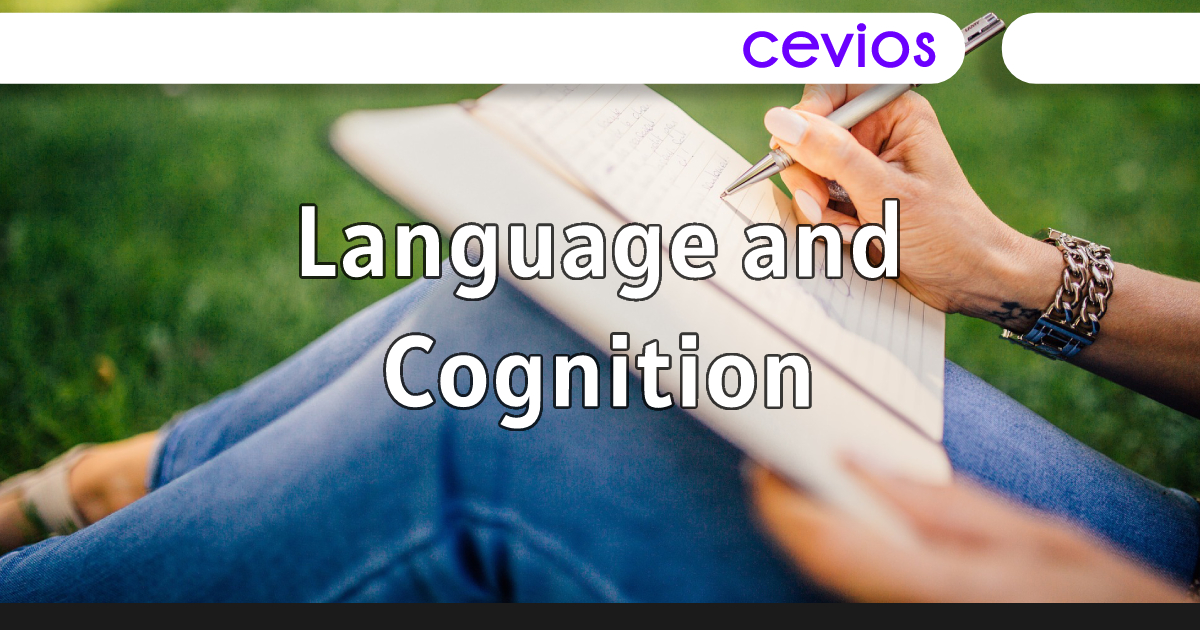The Link Between Language and Cognition According to Cognitive Discourse Analysis – Q&A
The relationship between language and cognition was one of the most important questions asked by philosophers and is today an object of ongoing study and debate in various disciplines like linguistics, psychology, neuroscience, and cognitive science.
A member of our Discourse Analysis group on Facebook recently asked “How does cognitive discourse analysis regard the relationship between language and cognition?”
Given the vast and complex nature of CODA, my answer to the question in a form of a simple comment had to be selective, therefore my answer was presented as follows:
Language and cognition are interwoven, as one cannot express oneself without thinking and often cannot think without using language.
From a discursive point of view, the relationship between the two could explain why both the production and interpretation of texts can be ‘subjective’ when it comes to individual experience, and ‘intersubjective’ when it involves groups.
For example, when an individual reads a text, his understanding is shaped in large part by the knowledge he has about the world, and because knowledge is socially shared, it could converge with that of the group(s) to which he belongs.
To understand discourse in terms of the relationship between language and mind, cognitive discourse analysts resort to, at least, two disciplines combining linguistics, psychology, and sometimes neuroscience to account for, for instance, how meaning is constructed.
Additionally, because cognition can also be socially shared, sociology is also considered in their theoretical frameworks. This kind of approach is called: Socio-Cognitive Discourse Analysis.
As a conclusion, language can’t properly operate without cognition and inversely, it has a major impact on cognitive processes: For instance, recent studies have found that bilingualism, in short, makes people smarter.
Be advised that a part of this explanation is based on my understanding of Teun Van Dijk’s Socio-Cognitive Approach. The field is interdisciplinary, and vast and therefore can’t be described with all its complexities in a single comment.
For more information, check the following articles:
1 – “How Has Teun Van Dijk Come to Discourse and Knowledge?”: https://discoursestudies.net/how-did-teun-van-dijk-come-to-discourse/
2 – “COGNITIVE DISCOURSE ANALYSIS”: http://www.discursos.org/unpublished%20articles/cogn-dis-anal.htm
3 – “Cognitive Discourse Analysis: An Introduction” book by Thora Tenbrink

